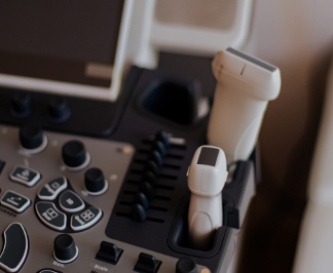
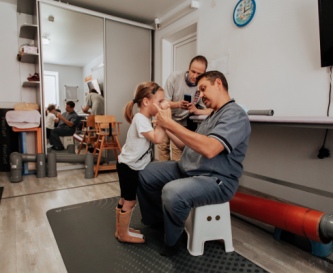
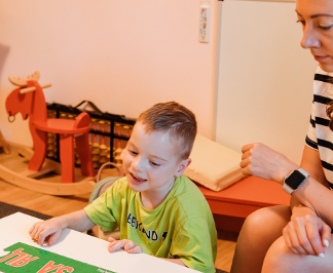
_333x273_57e.jpg)
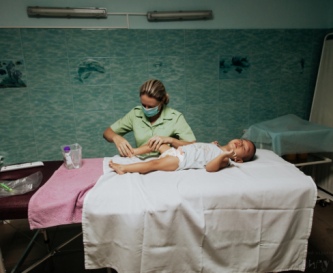
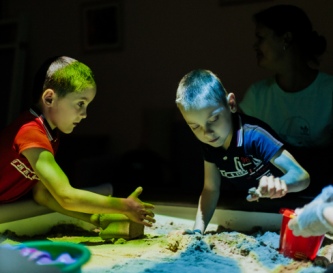
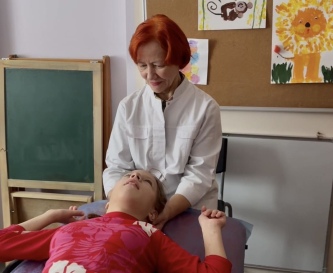
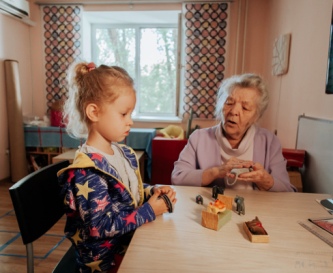
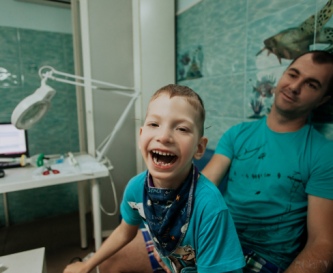
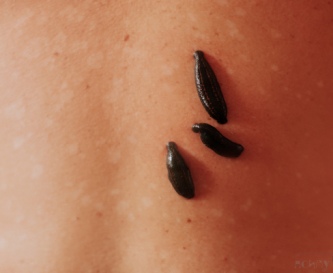
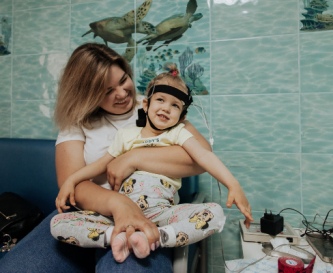
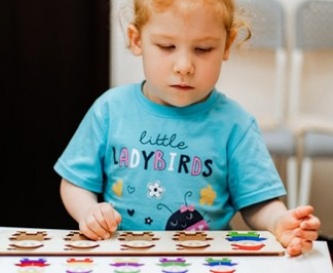
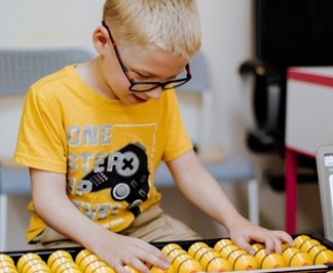
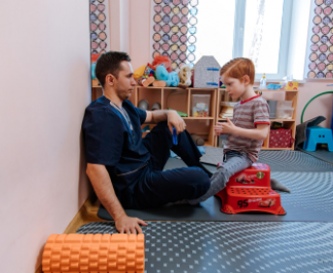
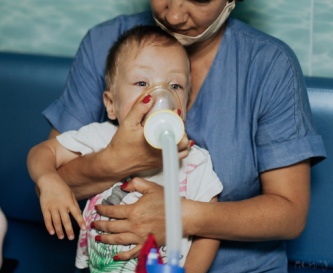
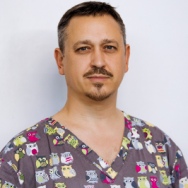

In 2000 he graduated from Samara State Medical University with a degree in General Medicine.
2001 - Internship in Neurology
In 2003 got an additional specialization Physiotherapy and Sports Medicine at the Medical University «Reaviz»
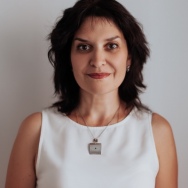
In 1999 she graduated from Samara State Medical University, Faculty of Pediatrics
2001 - Residency (postgraduate training) in Neonatology
In 2010 she graduated from the Moscow City Pedagogical University with a degree in Psychology and Education..
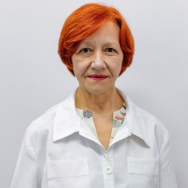

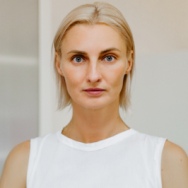

Svetlana Valentinovna. Plakhotnikova graduated from the Pediatric Faculty of Samara State Medical University in 2008. From 2008 to 2009, she completed an internship in the specialty "Pediatrics" at the Department of Pediatric Infections of SamSMU. She graduated from postgraduate studies in 2018 in the field of training "Clinical medicine". In 2019, she defended her PhD thesis "Adaptive reactions in children with tonsillitis syndrome in acute infectious diseases".
From 2009 to 2017, she worked as a pediatrician in City Hospital No. 5 in the children's infectious diseases department.
Since 2017, he has been working as an assistant at the Department of Faculty Pediatrics of SamSMU, since 2020 as an associate professor of the department, and is also the head of the academic part of the department.
Research interests:
Childhood infections, persistent infections, infectious diseases in children, juvenile idiopathic arthritis, diffuse connective tissue diseases in children, immunogenetics issues.
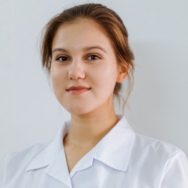

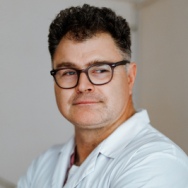

Leonid Yakovlevich Mostovoy graduated from Samara State Medical University in 1998.
Work experience - 25 years.
From 1998 to 2000, he studied at the clinical residency of Samara State Medical University in the specialty "Neurology".
In 2006, he passed the primary specialization in the specialty "Ultrasound diagnostics".
In 2009, he completed an advanced training course at the Samara State Medical University on the cycle of "Clinical Dopplerography" (ultrasound of the vessels of the neck, vessels of the extremities, vessels of the abdominal cavity).
In 2011 and 2016, the course of improvement in the cycle "Ultrasound diagnostics" (ultrasound studies in gastroenterology in oncology, urology, ultrasound of surface structures) and received a certificate of a doctor of ultrasound diagnostics.
In 2004 he defended his dissertation and received the degree of Candidate of Medical Sciences.
He has the Highest qualification category (2020).
He masters the methods of ultrasound examination of vessels:
He masters the methods of ultrasound examination of organs and systems:
Main areas of working:
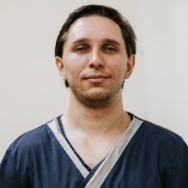

Gilmetdinov Rishat Rifatovich graduated from Shymkent Medical College in 2014 with a degree in Medical Science.
In 2015, he received an additional specialization as a masseur.
In 2022, he received an additional specialization of a physical therapy instructor.
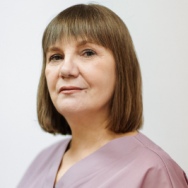

In 1993, Svetlana Vyacheslavovna graduated from the Khujand Pedagogical College with a degree in Preschool education.
Work experience is more than 20 years.
In 2005, she took advanced training courses at the Institute of Retraining and Advanced Training "New pedagogical technologies in Preschool Education", and in 2007 she was certified for the II qualification category.
In 2016, she took advanced training courses in additional professional education at the Amur Regional Institute of Advanced Training on the topic "Organization of the educational process in a preschool educational organization in the context of the implementation of Federal State Educational Standards (FSES)".
In 2016, she was certified for the I qualification category.
In 2019, she took advanced training courses at the Amur Regional Institute of Advanced Training under the program " FSES of additional education: conditions for the implementation of the basic program of preschool education".
Art therapy classes include:
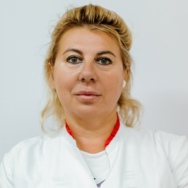

 Анкета
Анкета
Для записи на видеоконсультацию
Мы используем cookies для вашего удобства. Подробнее в политике конфиденциальности.
* сайт собирает персональные данные с помощью сервиса аналитики Яндекс метрика для анализа посещаемости сайта, улучшения его функциональности, таргетинга рекламы.
 Блог Муромова Д.С.
Блог Муромова Д.С.

 8 (917) 113-02-40
8 (917) 113-02-40

 8 (917) 113-02-40
8 (917) 113-02-40